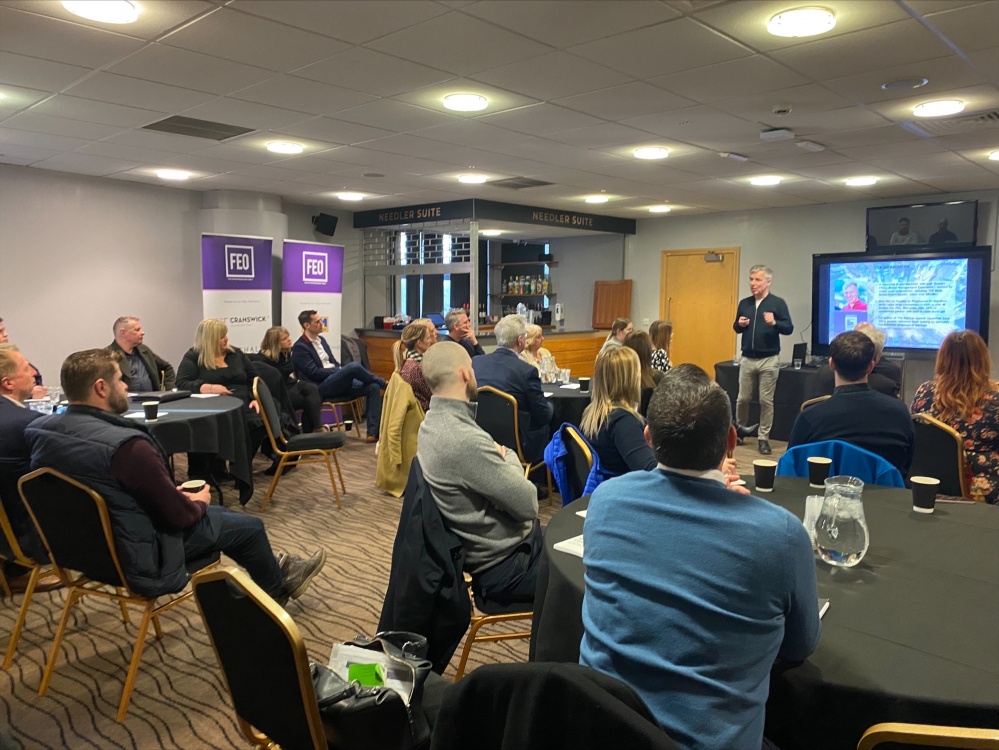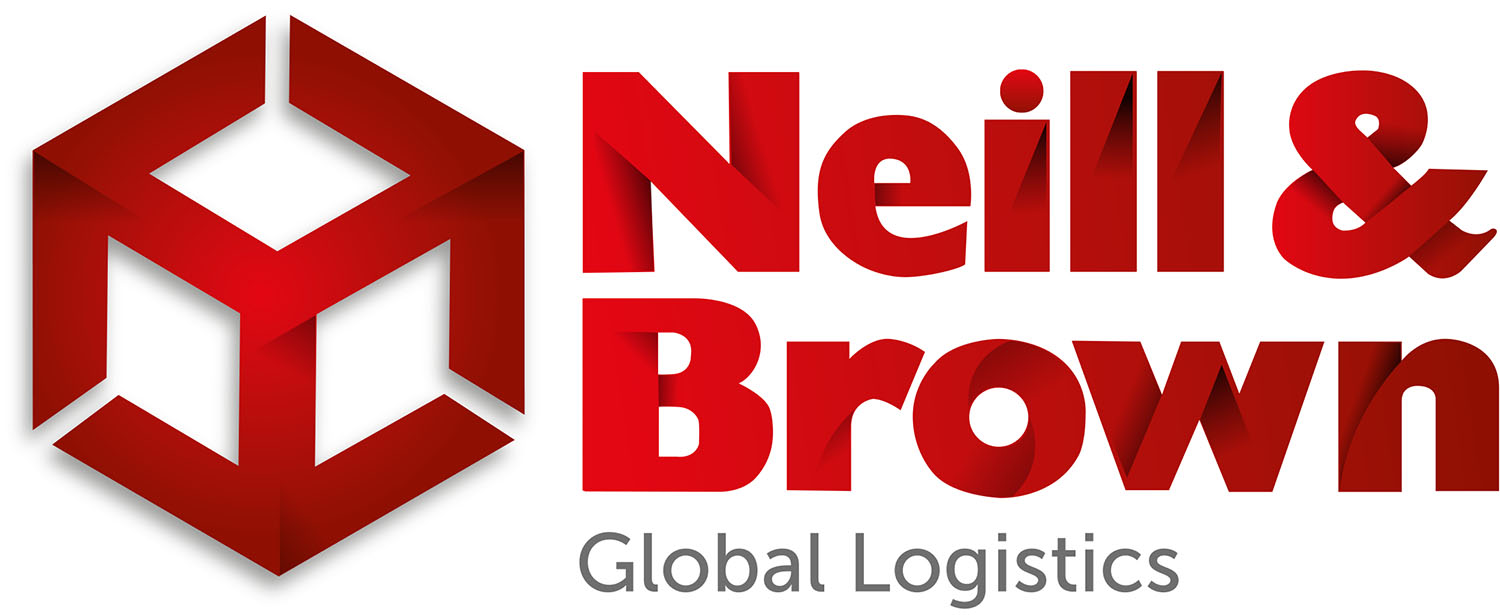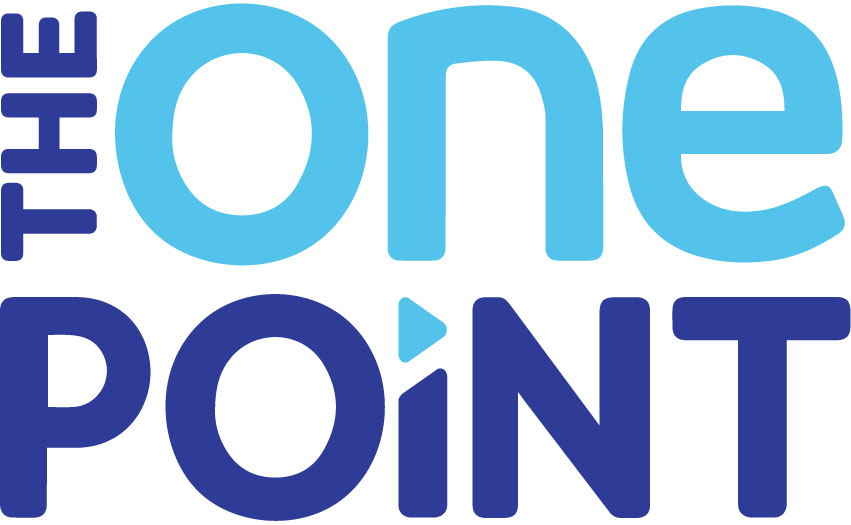Date: 13 January 2023
Author: Ken Valledy
I am on my way back on a train from Hull to London having just presented to the super FEO community at the wonderful Hull City Football Club.
Since Covid, some people question the need to travel anymore, as everything can be completed on Zoom/MT, all via your laptop. I personally, feel that you cannot substitute face-face conversations and when offered the opportunity from Jan to travel up to Hull to present to the FEO community, I jumped at the chance. I wasn’t disappointed, always great to chat to fellow entrepreneurs and to travel outside of the ‘southern-bubble’
I was asked to discuss my insights on how to be ‘corporate-ready’ as a start-up – always a juicy subject and unfortunately, one of those where there isn’t a silver-bullet solution. However, the time flew by and there were lots of challenging questions from the group – always good.
Rather than duplicate my slides, I thought that I would detail my top 5 tips for improving your chances of working successfully with a corporate – spoiler alert, none of these are rocket-science, but are (from my experience of working across 100+ briefs with the corporate world) crucial areas where ‘marginal gains’ can work in your favour.
1. Have a strong online presence. Corporates will always go fishing online to find out more about you and your company. It is crucial that you ensure that any online platforms you (your business) are on, is professional, polished and up to date. A company Twitter account, with the most recent post being 2 years old, says ’old company’ (maybe gone under) and potentially not worth the risk to partner with. It is also crucial that you keep your LinkedIn account up to date and please, please, include a profile pic.
2. Be Procurement-ready. Working with procurement is ‘par for the course’ when it comes to working with the corporate world. There will be many requests for all sorts of information (VAT number, company registration number, insurance docs). It is highly recommended to store these docs as you work with different procurement teams. Not only will this save you time (and stress) when working with a new Procurement lead, but a quick turnaround in providing the necessary documentation will also help your company to come across as professional (and ready for business). Also, if in doubt as to a certain Procurement request, ask for a quick discussion via Zoom, could save you a lot of time and emails?
3. Have your story ready in 5 slides. As an entrepreneur you will be asked (sometimes randomly) what your company does. If the person asking could be your gateway into a large corporate deal, you will need to be prepared. In my experience, always best to have quick one line answers to the following (i) What your company does in a nutshell (ii) Your target audience (iii) the problem you are solving (iv) How you solve this problem (v) your USP. Having these answers in your back pocket (and maybe on a 5 page deck) will ensure that you give yourself the best chance to have a meaningful conversation with said lead.
4. Keep to time. In my experience, when it comes to the crucial pitch session , where a paid pilot is up for grabs with a corporate, the main reason why startups (who have the perfect solution for the brief) fail, is due to not keeping to time (over-pitching). We usually operate a 20+20 rule (20 mins pitching, 20 mins for Q&A) . It is crucial to allow for the Q&A session, this is where both sides can discuss the brief in more detail and get an indication as to whether they can work together. Over-pitching and leaving no time for questions = chance lost and rejection. Again, not rocket science, but an eye on the clock can prove to be the main difference between success and failure.
5. Be patient. Once you start working with corporates, you need to be patient, by their very nature, large corporates are slower to react than more agile startups, but this doesn’t mean that they (the corporate) don’t want to work with you. One of my corporate clients said that working with a corporate is like dancing with an elephant – ie. they take a bit of time to get into the rhythm of things. Be mature and show some empathy, this will ensure that you potentially have a dance partner for more than one song (piece of work)
I think that that is it, hopefully, these insights will be of some value – as mentioned earlier, none of these are that revolutionary, but in my experience, they can make all of the difference – good luck!









